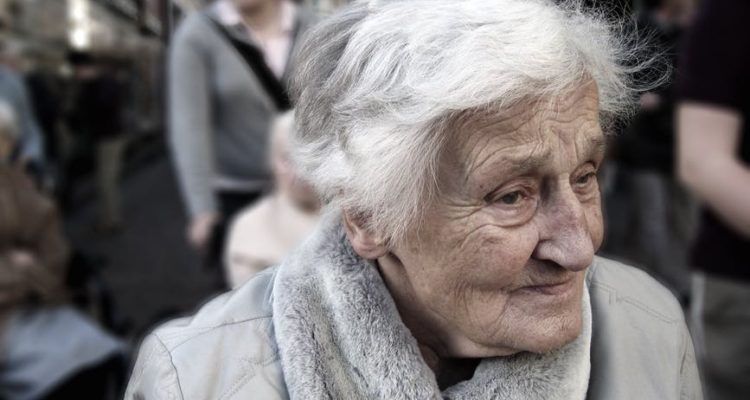PC


Every June 15 marks the World Day of Awareness of Abuse and Abuse in Old Age , age group will have an exponential growth in the coming years on the globe, due to advances in science and technology that increasingly extend the life expectancy of people.
In Chile, about 40% of the victims of domestic violence correspond to older adults , according to estimates by the Judicial Branch. And the measures to mitigate this situation on the part of the police and authorities become increasingly difficult to apply, because the victims in many cases are in the care of the perpetrators, and that would mean practically leaving adults on the street greater.
In order to inform and denounce the actions of violence against the elderly, Cristián Westphal, Manager of Pensioners (I) of Caja Los Andes, described the most frequent acts of violence in the country against adults. greater:
- Physical abuse , which is aggression that damages the integrity of the body and is done with the intention of causing pain, injury or both, such as pushing, shaking and slapping.
- Psychological abuse , which are intentional acts that produce discomfort in the person, such as verbal aggressions, isolation, threats of intimidation, humiliation, lack of respect for their beliefs, ridicule and any other degrading behavior, such as lack of consideration of their wishes and Overprotection that generates feeling of uselessness or limits the ability to decide.
- Property abuse , the use of the pension or retirement of the elderly person or a part of it, for their own benefit, as well as the appropriation of property, property or heritage in general, through fraud, deception or threats.
- Negligence , which consists in not delivering the necessary care or supervision of food, clothing, hygiene and appropriate medical care that an older adult requires. This abuse can be passive, when it is a consequence of a lack of knowledge or disability on the part of the caregiver.
- Finally, the abandonment , which occurs when any person or institution does not assume the responsibility that corresponds to him in the care of an older adult, or that having assumed his care or custody, voluntarily forsakes him.
No comments:
Post a Comment